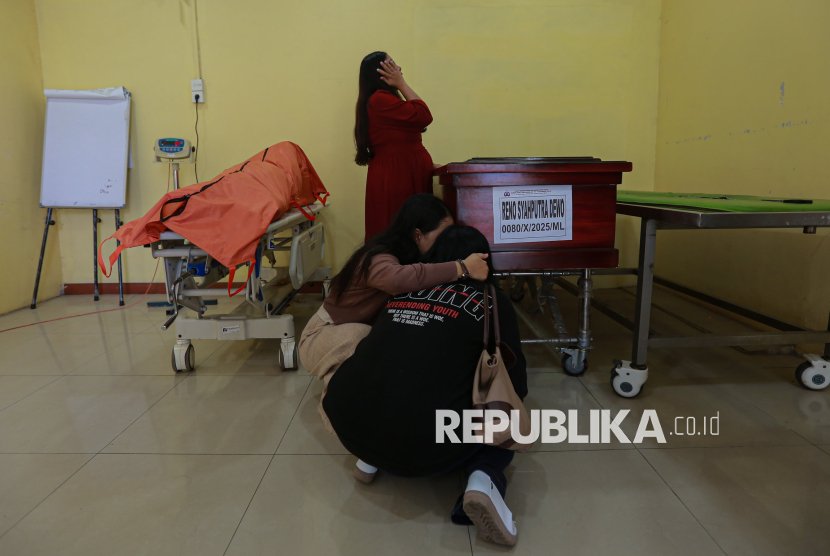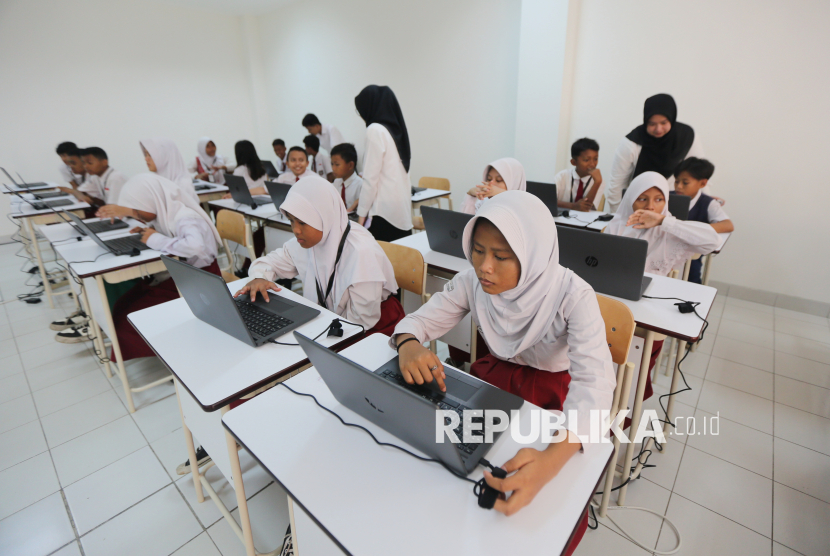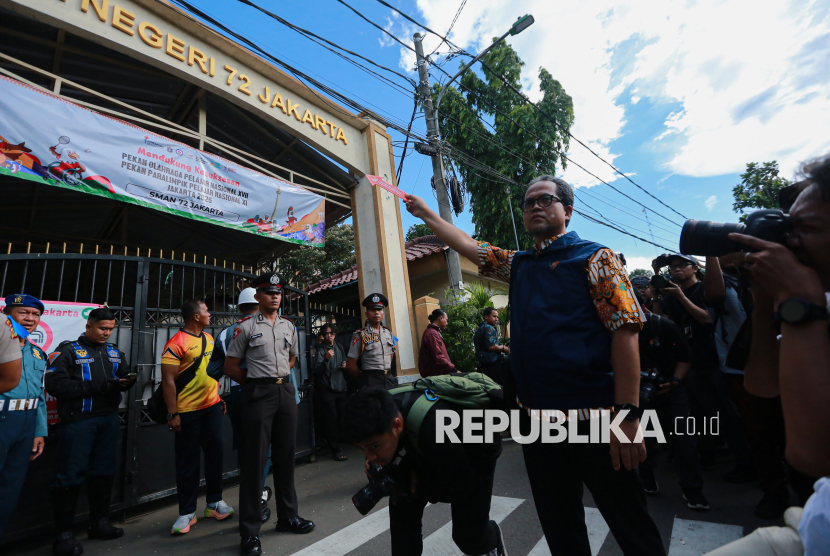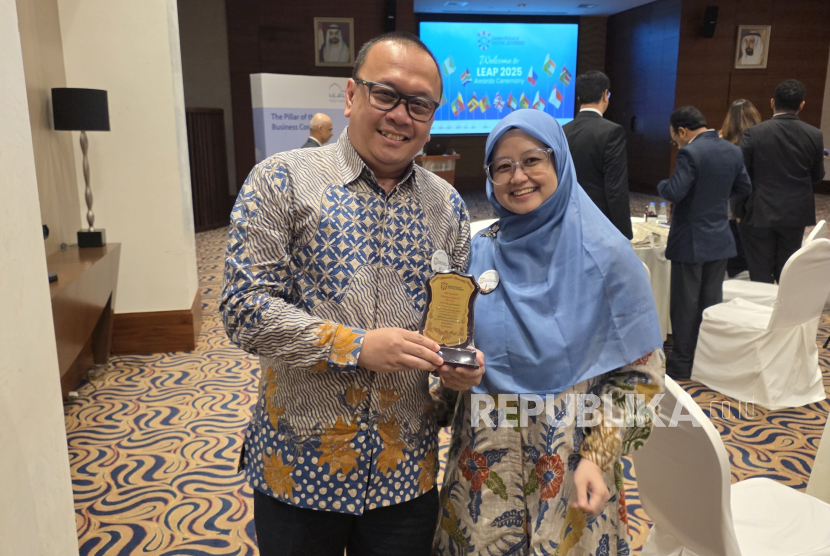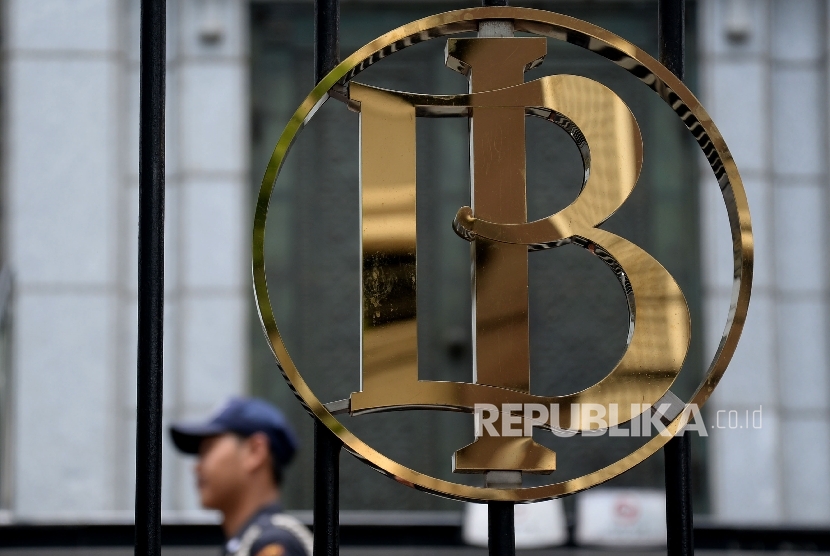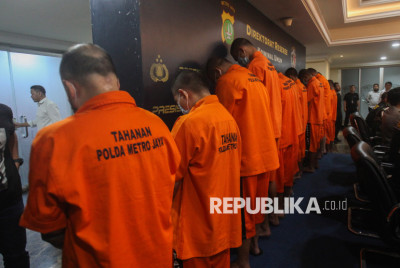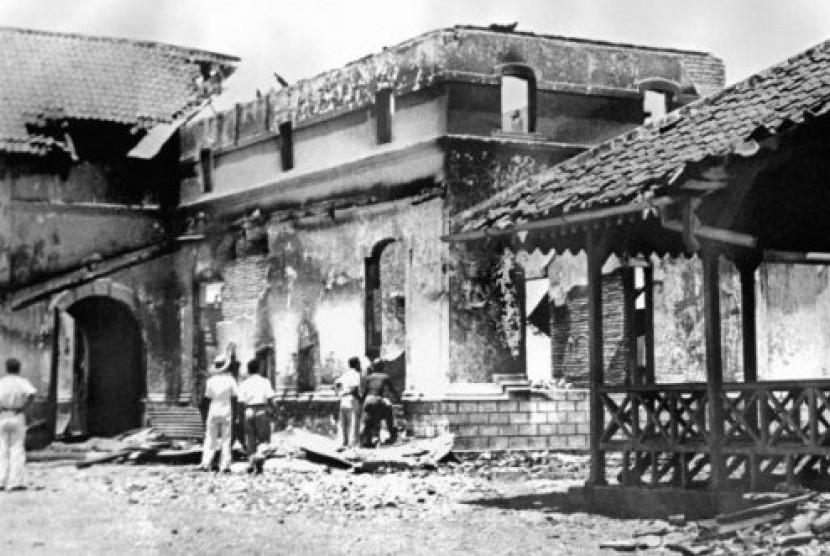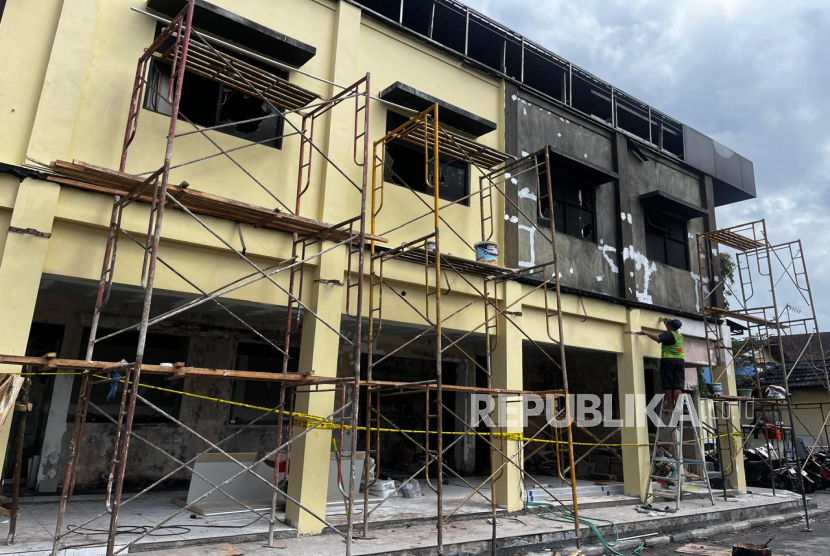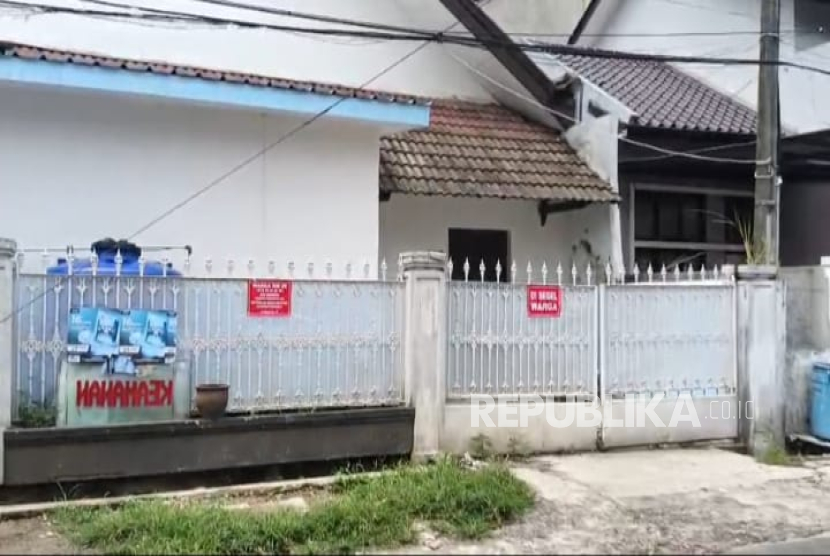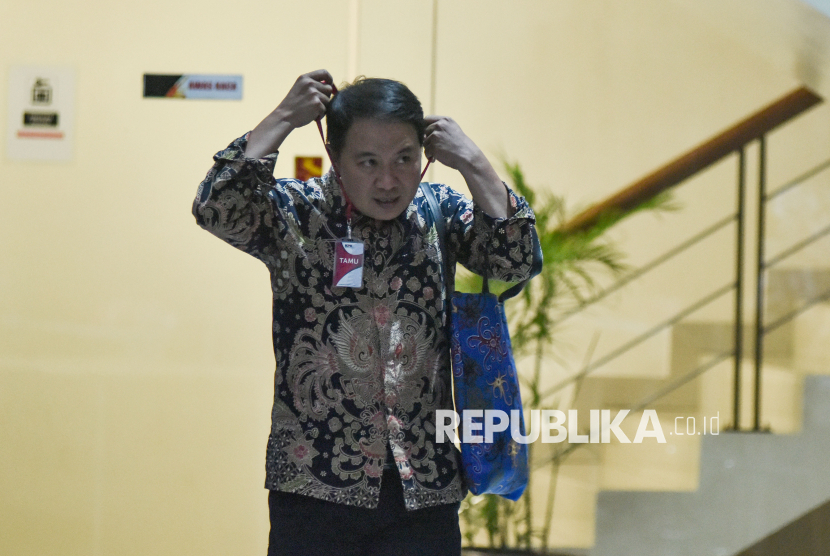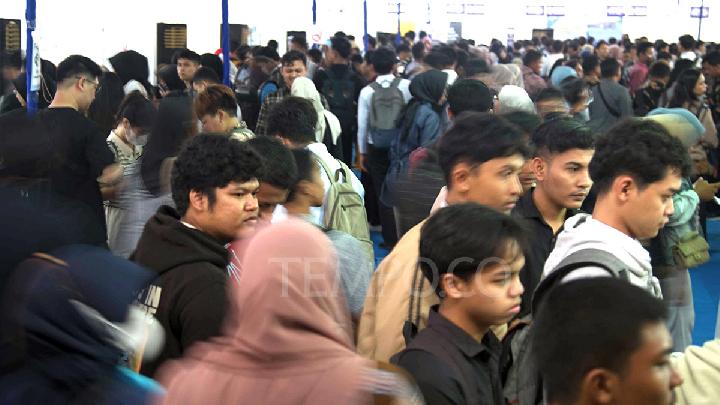TEMPO.CO, Jakarta - The lawyer of Minister of Agriculture Amran Sulaiman distributed a press release on November 7, 2025, which was published by several online media organizations. In release number: B-753/HM.160/A.7/11/2025, Chandra Muliawan emphasized that the Rp200 billion from the civil lawsuit against Tempo will be used to finance the Ministry of Agriculture programs.
In response to the release, Mustafa Layong, the Executive Director of the Legal Aid Institute (LBH) for the Press, said on November 7, 2025, that it confirmed the suspicion that the minister aims to silence media organizations that criticized his policies. "Amran's lawyer said the cash will be treated as compensation and will be channelled into the state treasury," said Mustafa, Tempo's lawyer.
No State Losses Caused by Tempo's News Poster
According to Mustafa, Chandra's statement is flawed in many ways. The release mentioned channeling the money from the lawsuit into the state treasury, despite no state losses incurred from Tempo's news poster, which was the subject of the dispute between Amran and Tempo.
"State losses must be proven through an audit. No state auditor has conducted such actions against the relevant news poster," said Mustafa.
In other words, Amran Sulaiman leverages the state loss reasoning to sue a media organization, of which a public representative, by justifying his position as a Minister of Agriculture. According to Mustafa, under any law, Amran does not have the mandate to sue the media organization on behalf of the state.
Mustafa added that the Press Law does not regulate civil compensation. Article 18 of the Press Law only covers penal fines, with a maximum of Rp500 million for violations of Article 5 regarding the media's obligation to publish the right of reply.
"So, the Rp200 billion lawsuit is baseless, fictitious, and excessive," said Mustafa.
Amran Sulaiman's Attempts to Silence the Press
Based on these facts, Mustafa believes Amran Sulaiman has no intention to resolve the press dispute. "What is clear is an attempt to silence the press. This violates the constitution because it undermines democracy," said Mustafa. "Tempo is a manifestation of the people's sovereignty, a holder of rights protected by the constitution. Meanwhile, the Ministry of Agriculture is a state institution mandated to fulfill the rights of citizens, including information transparency."
Amran's absence during the five mediation attempts held by the South Jakarta District Court also signals the minister's attempt to silence the press. His absence led to the mediators declaring the talks a failure, which resumes the lawsuit.
"So who has bad faith in this case?" asked Mustafa. "They also rejected Tempo's offer for the right to reply."
Chandra Muliawan also accused Tempo of not implementing the assessment and recommendations (PPR) of the Press Council in good faith. However, according to Mustafa, Tempo had implemented all the points recommended by the Press Council on June 19, 2025, which can still be accessed on Tempo's social media.
Mustafa also deemed Chandra had twisted the facts by saying Amran Sulaiman did not sue the article since it had been declared unethical by the Press Council. According to Mustafa, the Press Council's PPR document did not assess the article "Risiko Bulog Setelah Cetak Rekor Stok Beras Sepanjang Sejarah" (Bulog's Risks After Setting a Record for Rice Reserves Throughout History). The complaint only concerned the news poster with the title "Polishing Rotten Rice".
The complainant for the poster was Wahyu Indarto, the Head of the Communication Strategy and the Ministry of Agriculture's Communication and Information Services Bureau. He objected to the word "rotten" in the poster's title. "The Press Council recommended that the title be changed, and Tempo has already done so by changing it to 'Main Serap Gabah Rusak' (Careless Absorption of Damaged Rice),'" said Mustafa.
Claim of Farmers' Losses
He also questioned Chandra's release, which mentioned that Amran's lawsuit represented Indonesian farmers who were harmed by the news poster. In the lawsuit, according to Mustafa, there is no evidence that farmers were harmed.
On the contrary, in the article, there is a quote from the Chair of the Indonesian Farmers Union stating that Bulog's policy of absorbing 'any quality' of farmers' rice is detrimental to farmers in the long run. "In the lawsuit document, there is no evidence of farmer losses, only claims. This is simply resentment under the name of the Ministry of Agriculture," he said.
The article published by Tempo on May 16, 2025, described Bulog's policy of absorbing all farmers' rice to achieve rice reserves as part of food self-sufficiency. By requiring farmers to sell rice to Bulog at a price of Rp6,500 per kilogram, farmers have no choice but to sell good-quality grain at a higher price.
Mustafa also pointed to the findings of the House of Representatives' Commission IV regarding the abundance of damaged rice in Bulog's warehouses due to being stored for too long when stocks were plentiful. The damaged rice, according to Mustafa, clearly harms the state as its purchase uses state budget funds. "So, the Tempo article actually intends to protect farmers from policies that harm them," he said.
According to Mustafa, if Minister Amran Sulaiman or Wahyu Indarto believes that Tempo did not comply with the PPR correctly, they should report it to the Press Council in accordance with the Press Council regulations, which is the implementing regulation for Press Law. "Instead of filing a lawsuit in court," he said.
Editor’s Choice: Indonesian Diaspora Decries Minister Amran's Lawsuit Against Tempo in Melbourne Rally
Click here to get the latest news updates from Tempo on Google News







